Non-US Markets Driving Adoption of USDC
Circle’s CEO Jeremy Allaire has revealed that the majority of stablecoin USDC’s adoption is coming from non-US markets, contrary to popular belief. Allaire stated that approximately 70% of USDC adoption is from outside the US, with strong progress happening in Asia, LATAM, and Africa. This highlights the rapid growth of the crypto market outside of the US, as more countries in these regions incorporate cryptocurrencies into their economies. Regulatory certainty in countries like Hong Kong, Japan, South Africa, Namibia, and South Korea has contributed to this growth.
Paypal USD’s Controversial Launch
Allaire congratulated PayPal on the launch of its dollar-backed stablecoin PYUSD but received mixed reactions from the crypto community. Some have criticized the token’s centralized nature, arguing that it goes against the principles of decentralization. Concerns have been raised about PYUSD’s terms of service, which some believe give PayPal censorship capabilities. Additionally, a smart contract security expert pointed out a potential code flaw that could wipe out users’ balances.
Ripple’s CTO Defends Paypal USD
Ripple’s CTO, David Schwartz, defended PayPal, emphasizing that the centralized aspect of PayPal USD allows users to redeem the physical equivalent of their stablecoins. This feature mitigates the risk of losing funds and ensures that PayPal pays out redemptions, even if not legally obligated to do so.
Hot Take
The adoption of USDC outside of the US demonstrates the global demand for safe and transparent digital dollars. While some may criticize PayPal’s centralized approach with PYUSD, others argue that it provides necessary safeguards for users. As the crypto market continues to expand, it is crucial to find a balance between decentralization and user protection.

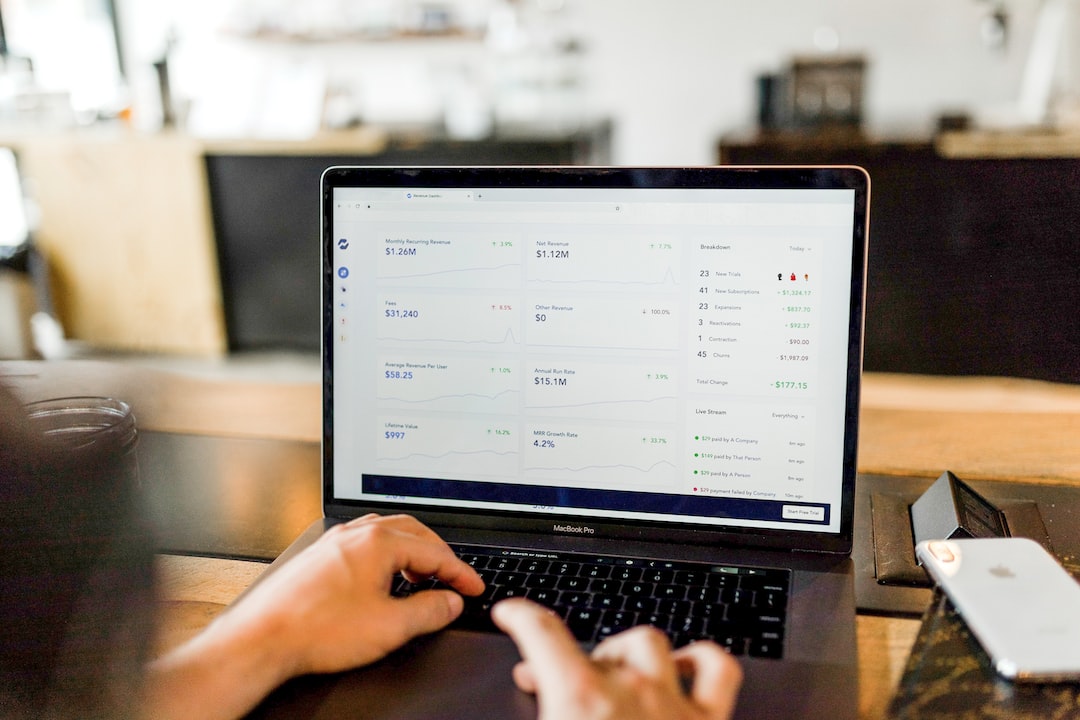
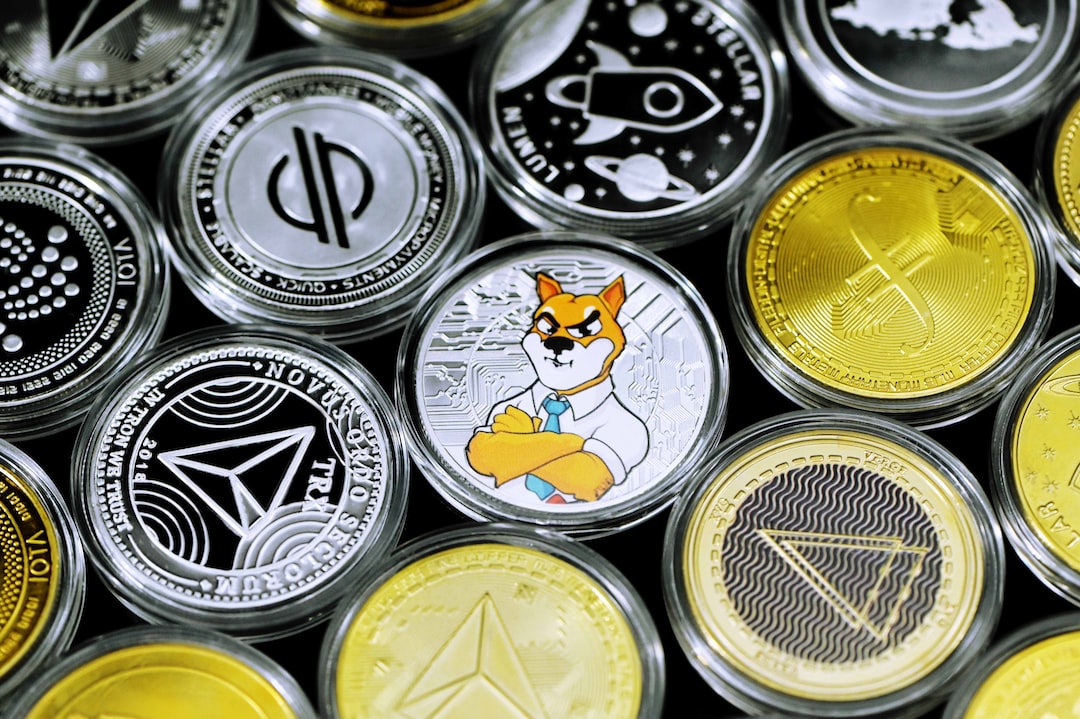
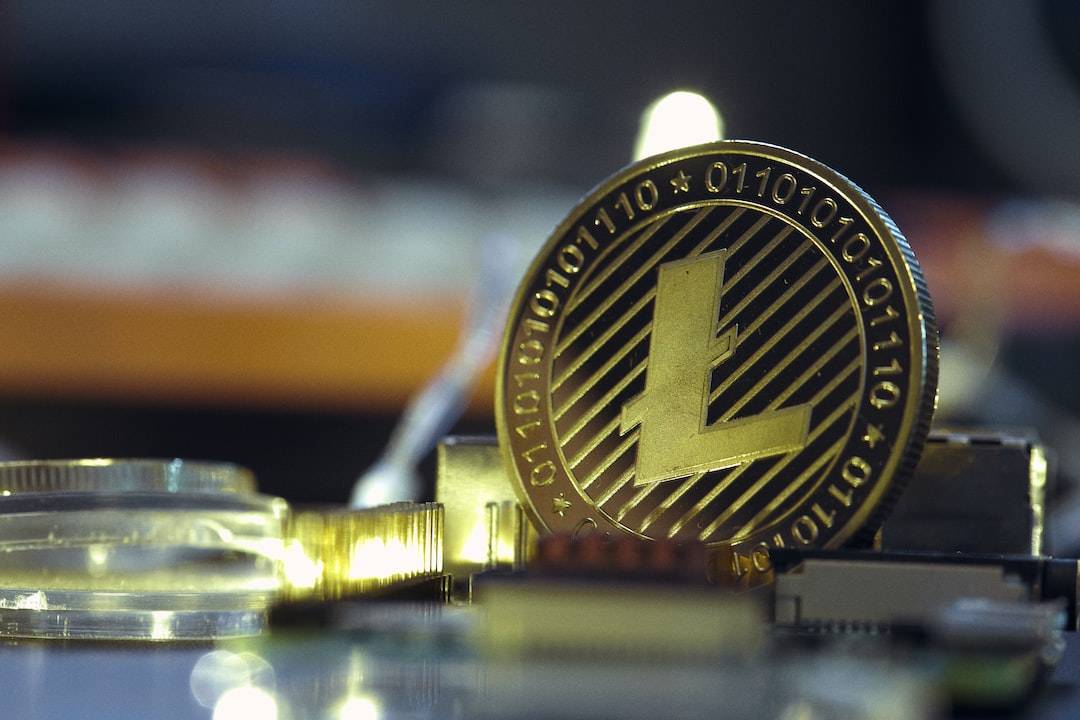
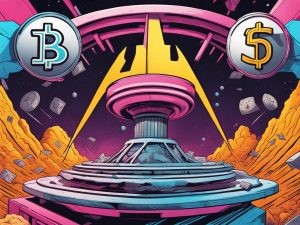
 By
By
 By
By

 By
By
 By
By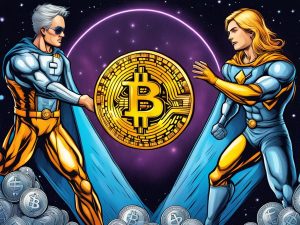
 By
By